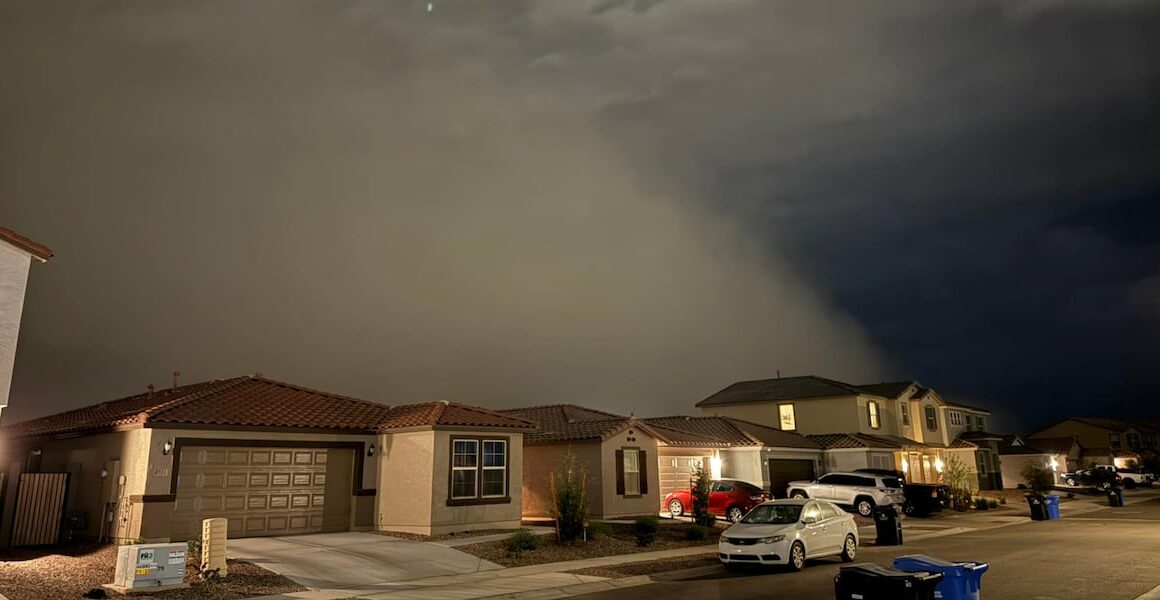Hunters, Take Heed: Medical Examiner Urges Checkups After 3 Die of Heart Attacks
Three hunters in Michigan have tragically lost their lives to heart attacks in recent weeks, prompting the state’s medical examiner to issue an urgent plea for hunters to prioritize their health.
What Happened? The Key Details You Need to Know
The victims, all males ranging in age from 55 to 70, experienced cardiac events while hunting in different parts of the state. While hunting-related injuries and accidents are not uncommon, heart attacks are a significant concern due to the physical demands and environmental conditions involved in the activity.
Why Does This Matter? The Bigger Picture
The medical examiner emphasizes that while heart attacks can affect anyone, certain risk factors are prevalent among hunters, such as high blood pressure, high cholesterol, and obesity. Additionally, cold weather and exertion can put additional strain on the heart and increase the likelihood of a cardiac event.
Voices from the Scene – What Are People Saying?
“Hunters often overlook their health, focusing solely on the hunt,” said Dr. David Start, Washtenaw County’s medical examiner. “But it’s crucial to remember that our bodies need to be in good shape to handle the rigors of hunting.”
Michigan Department of Natural Resources (DNR) law enforcement division chief Gary Hagler added, “We urge hunters to get a checkup before the season starts. Know your risk factors, and if you have any concerns, talk to your doctor.”
What’s Next? Future Implications and Takeaways
The medical examiner and the DNR recommend that hunters take the following steps:
- Get a comprehensive physical examination before the hunting season.
- Manage risk factors, such as high blood pressure and cholesterol, through medication or lifestyle changes.
- Stay hydrated and dress appropriately for the weather.
- Listen to your body and take breaks when needed.
- Carry a whistle or signaling device to call for help in case of an emergency.
By taking proactive measures, hunters can reduce their risk of heart attacks and enjoy a safe and successful hunting season.












